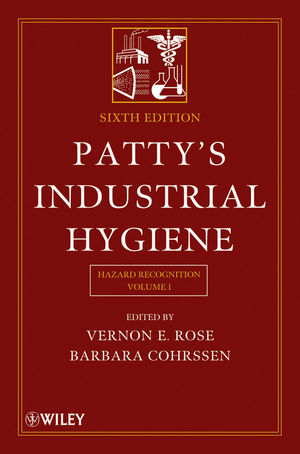Biden announces first-ever hazard alert to protect workers from extreme heat

Millions of Americans are currently experiencing the effects of extreme heat, which is growing in intensity, frequency, and duration due to the climate crisis.
On July 27, 2023, President Biden is to convene Mayor Kate Gallego of Phoenix, Arizona, and Mayor Ron Nirenberg of San Antonio, Texas, to hear from them directly about how their communities are being impacted by extreme heat and to discuss the steps the Biden-Harris Administration is taking to protect communities like theirs. The President will also announce new measures to protect workers and communities across the country from the impacts of extreme heat.
President Biden has asked the Department of Labor (DOL) to issue the first-ever Hazard Alert for heat, and DOL will also ramp up enforcement to protect workers from extreme heat. For years, heat has been the number one cause of weather-related deaths in America. And workers, including farmworkers, farmers, firefighters, and construction workers, are disproportionately impacted by extreme heat. Since 2011, more than 400 workers have died due to environmental heat exposure, and thousands more are hospitalized every year. The Hazard Alert will reaffirm that workers have heat-related protections under federal law. As part of the alert, the Department of Labor will provide information on what employers can and should be doing now to protect their workers, help ensure employees are aware of their rights, including protections against retaliation, and highlight the steps the Occupational Safety and Health Administration (OSHA) is currently taking to protect workers.
Additionally, the Department of Labor will ramp up enforcement of heat-safety violations, increasing inspections in high-risk industries like construction and agriculture, while OSHA continues to develop a national standard for workplace heat-safety rules.
The National Oceanic and Atmospheric Administration (NOAA) is investing up to $7 million from President Biden’s Inflation Reduction Act to improve our nation’s weather forecasts. In partnership with universities and other institutions, NOAA will establish a new Data Assimilation Consortium focused on developing better weather-prediction capabilities and maximizing the value provided by NOAA’s global observing system. These improved forecasts will allow communities to better prepare for extreme weather events, including long periods of extreme heat. As the climate crisis contributes to worsening extreme weather events affecting Americans nationwide, this investment will give Americans the information and tools they need to stay safe.
The Department of the Interior is investing $152 million from President Biden’s Bipartisan Infrastructure Law to expand water storage and enhance climate resilience in California, Colorado, and Washington. This investment will help increase water storage capacity and lay conveyance pipeline to deliver reliable and safe drinking water and build resiliency for communities most impacted by drought. In the wake of severe drought conditions throughout the West, the Administration is making coordinated investments through the Bipartisan Infrastructure Law and Inflation Reduction Act to modernize essential water infrastructure, invest in new water recycling and desalination projects and expand access to clean drinking water for communities that have long-dealt with contaminated water supplies.
The announcements build on numerous actions that the Biden-Harris Administration has taken to bolster heat response and resilience nationwide, including providing billions of dollars through the Department of Housing and Urban Development to communities to make buildings more energy efficient and to open cooling centers to keep residents safe.
Looking for a reprint of this article?
From high-res PDFs to custom plaques, order your copy today!







